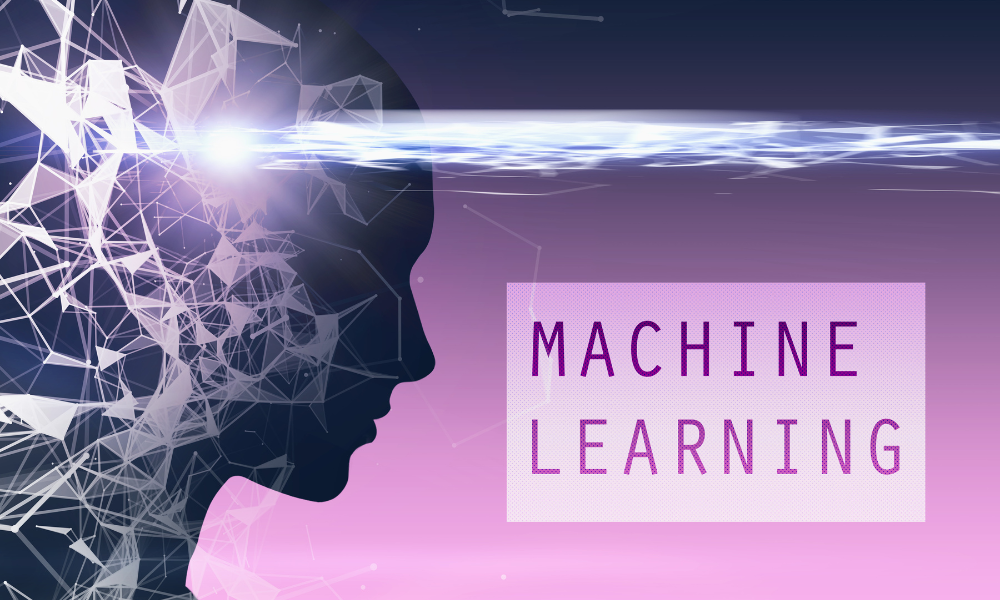In the ever-evolving landscape of website development, artificial intelligence (AI) is revolutionizing the way websites are built, maintained, and optimized. From personalized user experiences to efficient backend processes, AI-powered tools and technologies are reshaping the digital landscape. In this blog, we explore the profound impact of AI on website development, delving into its capabilities, benefits, and future implications.
AI-Powered Website Design:
Traditionally, website design involved manual coding and design decisions based on human intuition. However, AI is changing the game by automating and enhancing various aspects of the design process. AI-powered design tools utilize machine learning algorithms to analyze user behavior, preferences, and trends, enabling designers to create more intuitive, user-friendly interfaces. These tools generate design suggestions, layouts, and color schemes based on data-driven insights, streamlining the design workflow and reducing development time.
Personalized User Experiences:
One of the most significant contributions of AI to website development is the ability to deliver personalized user experiences. AI algorithms analyze vast amounts of user data, including browsing history, demographics, and interactions, to tailor content and recommendations to individual users. Personalization enhances user engagement, satisfaction, and conversion rates by presenting relevant content, products, and offers to each visitor. Whether through personalized product recommendations, dynamic content generation, or adaptive user interfaces, AI-powered personalization is reshaping the way users interact with websites.
Enhanced Search Engine Optimization (SEO):
AI plays a crucial role in improving website visibility and search engine rankings through enhanced SEO strategies. AI algorithms analyze search engine algorithms, user queries, and website content to identify opportunities for optimization. AI-powered SEO tools provide insights into keyword research, content optimization, and link building, helping website owners enhance their online presence and attract more organic traffic. Additionally, AI-powered chatbots and virtual assistants improve user engagement and retention by providing instant support and assistance, enhancing the overall user experience.
Efficient Backend Processes:
Beyond frontend design and user experience, AI streamlines backend processes and website management tasks. AI-powered content management systems (CMS) automate content creation, organization, and distribution, reducing manual effort and streamlining content workflows. AI algorithms analyze user-generated content, social media trends, and market insights to generate relevant and engaging content automatically. Additionally, AI-powered analytics tools provide valuable insights into website performance, user behavior, and conversion metrics, enabling website owners to make data-driven decisions and optimize their digital strategies.
Future Implications:
As AI continues to evolve and mature, its impact on website development will only grow stronger. Advances in natural language processing (NLP), computer vision, and predictive analytics will enable more sophisticated AI-driven capabilities, such as voice-activated interfaces, image recognition, and predictive personalization. Furthermore, AI-powered automation will revolutionize website maintenance, security, and scalability, enabling website owners to focus on innovation and growth rather than mundane tasks.
In conclusion, the impact of AI on website development is profound and far-reaching. From enhancing frontend design and user experiences to streamlining backend processes and optimizing SEO, AI-powered tools and technologies are transforming the digital landscape. As AI continues to evolve, website developers and businesses must embrace these advancements to stay competitive in an increasingly digital world. By leveraging AI-driven capabilities, website owners can create more engaging, personalized, and efficient digital experiences for their users, driving growth and success in the digital age.











